NPPC Disappointed With McDonald’s Decision Questions Remain About Effects On Farming Families
WASHINGTON, May 31, 2012 – The National Pork Producers Council expressed disappointment with McDonald’s decision to move forward with requiring its pork suppliers to phase out the use of individual sow housing. The fast food firm today announced it wants 100 percent of its suppliers to be gestation stall-free in 10 years.
“While we’re disappointed with its decision, McDonald’s – unlike other food companies – did the research to find out how complex this issue is,” said NPPC President R.C. Hunt, a pork producer from Wilson, N.C. “At least it discussed its plans with the pork industry and has concerns with the available pork supply from stall-free operations and with the transition away from stalls that would be required of producers.
NPPC suggested other food companies consider the supply chain realities of the pork industry before making similar decisions.
“We’d be glad to discuss with food companies challenges caused by a transition in production systems,” Hunt said. “But the bottom line is, regardless of any difficulties, the issue of sow housing is about providing the best care possible for our animals. Individual sow housing allows us an option to give that best care.”
Research has shown that there is no science-based animal welfare benefit to group sow housing over other forms of sow housing. The American Veterinary Medical Association and the American Association of Swine Veterinarians recognize gestation stalls and group housing as appropriate for providing for the well-being of sows during pregnancy. NPPC notes that the key factor that most affects animal well-being is husbandry skills – that is, the care given to each animal.
Because the overwhelming majority of the country’s nearly 6 million sows spend some time in a stall during the gestation cycle, according to an NPPC estimate, claims by food companies of sourcing a percentage of pork from gestation stall-free operations are misleading and cannot be validated. Most pork packers do not segregate product by sow housing type.
